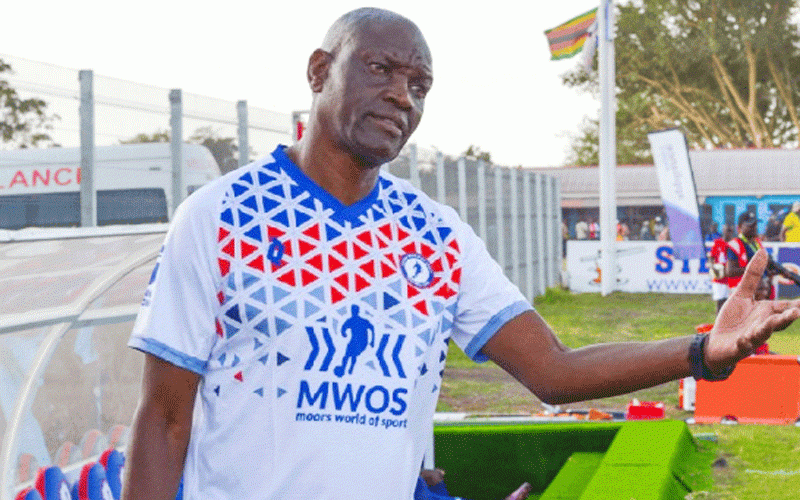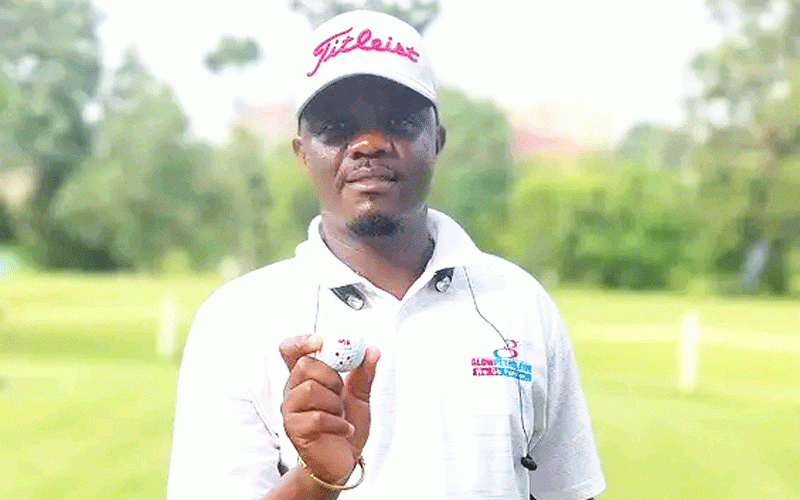
For a country that has given us two of the most celebrated club sides in the game’s history and a roll call of stellar players, Spain’s record in the global showpiece is nothing short of woeful. Fourth place in 1950 is their best showing in 16 tournaments, with most of their other campaigns ending in humiliation, misfortune or abject failure.
However, South Africa 2010 promises to be a very different story. So what is it about this Spanish team that makes them rise to the big occasion where their predecessors foundered? What factors can explain the seismic change that has taken place? Many football observers suggest Spain’s transformation from a perennial underachiever to a ruthless winning machine is largely explained by the emergence of a golden generation of players, drawn heavily from Barcelona’s ranks.
As former Barca and England striker Gary Lineker asks: “How many sides could survive the loss of Fernando Torres? Only one: Spain. Because they have got David Villa. “They’ve also got Cesc Fabregas, who could play behind the strikers and doesn’t get a regular game because they’ve got Xavi and Andres Iniesta in midfield.”
Others point to the strength of the Spanish domestic league, or argue that playing in the Premier League has given some of the squad members vital experience of a more physical kind of football. But often overlooked are the seeds sown by the Spanish Football Federation over the last 15 years, which are now bearing fruit.
Pedro Calvo, who coached Liverpool striker Torres at the Atletico Madrid academy, believes Spain’s current prowess owes much to the federation’s long-term commitment to a nationwide programme for the training of coaches.
According to European football’s governing body Uefa, Spain had almost 15 000 Uefa A and Pro Licence coaches in 2008 – more than double the number of any other European nation. And that is despite it taking 750 study hours to acquire a Pro Licence in Spain, compared with just 245 in England. Unlike the turbulent world of England’s Football Association, Spain’s FA is a model of stability, with president Angel Maria Villar about to begin his 23rd year at the helm.
- Chamisa under fire over US$120K donation
- Mavhunga puts DeMbare into Chibuku quarterfinals
- Pension funds bet on Cabora Bassa oilfields
- Councils defy govt fire tender directive
Keep Reading
Not only are there more qualified coaches in Spain than in England, they are all promoting exactly the same style of football ‑‑ the highly technical, possession-based game that has taken Barcelona to the summit of European football, made Spain’s youth teams the envy of the world and allowed the national side to end nearly half a century of failure in Vienna two years ago.
Indeed, the senior team’s victory at Euro 2008 was not an isolated success. Since 1998, Spanish youth teams from under-16 to under-21 level have won 19 Uefa and Fifa championships. During this same period, England have won just one ‑‑ the U17s European Championship last month when they beat Spain in the final.
Former Spain and Real Madrid captain Fernando Hierro, who was made the federation’s technical director in 2007, said recently: “We have moved on from the time when nobody knew what the characteristics of Spanish football were. “Before, we all knew about Italian football, English football, German, Argentine, Brazilian. Now, it’s good to say that Spanish football is here.”
The importance of the structures put in place by the Spanish federation was recognised in Uefa’s technical review of Euro 2008, drawn up by a panel including Fulham manager Roy Hodgson and former Liverpool boss Gerard Houllier.
“For years, Spanish youth football has carried the same, recognisable hallmark,” the report read. “And, after years of watering the roots, the plant has matured and blossomed.” International success has been matched by domestic triumphs, with Spain’s top-flight La Liga surpassing Italy’s Serie A and the Premier League to be rated by many as the world’s strongest.
Barcelona are the reigning World Club champions, and the league’s strength in depth is illustrated by the fact that Spanish teams have won the Uefa Cup/Europa League four times in the last seven seasons.
Rodolfo Borrell, who coached Fabregas and Lionel Messi at the Barcelona academy before joining Liverpool’s youth set-up in 2009, says the experience gained amid the rough and tumble of the Premier League has added crucial ingredients to the mix.
The BBC frontman, who was England’s top scorer at the 1986 and 1990 tournaments, says the Spanish now boast a depth of talent that makes them the envy of most other sides at this year’s event. Yet for those who wonder how Spain finally changed from wobblers into winners, the message is clear: the glory has been a long time in the making. – BBCOnline.











